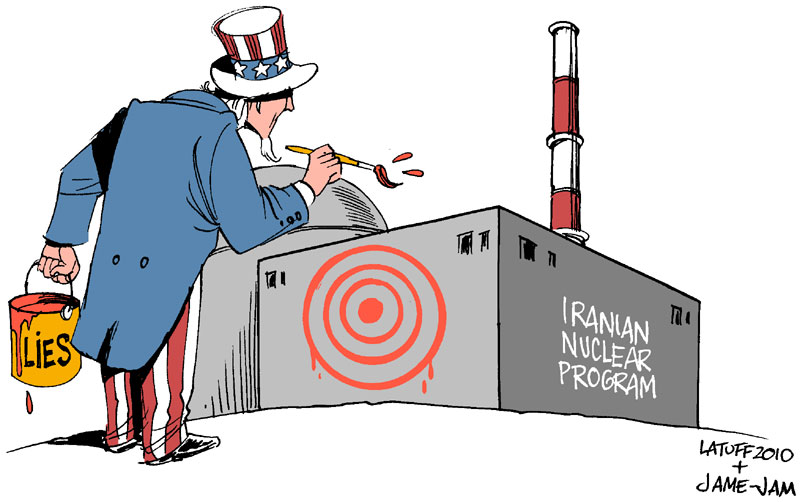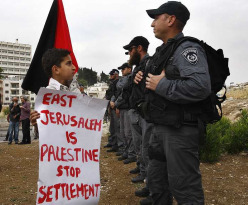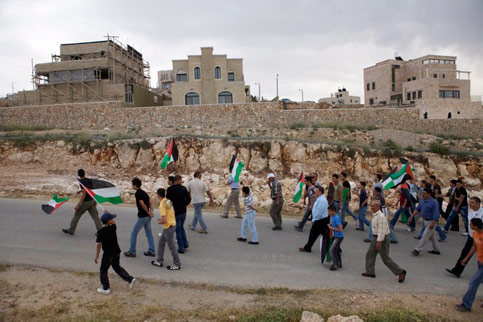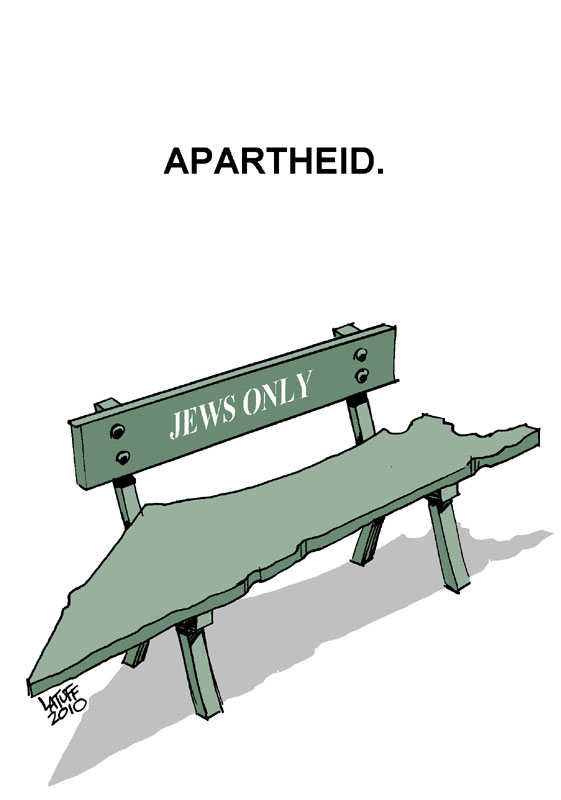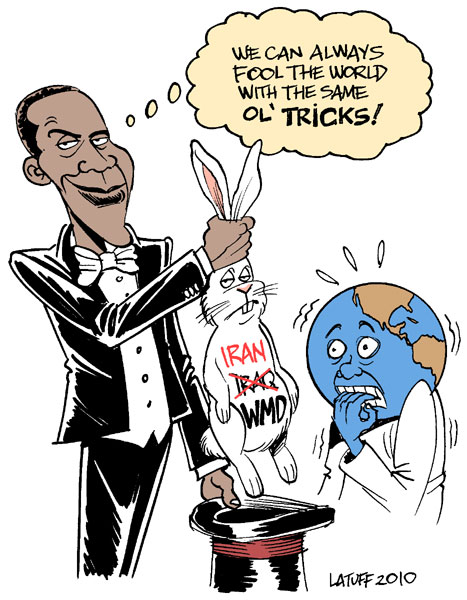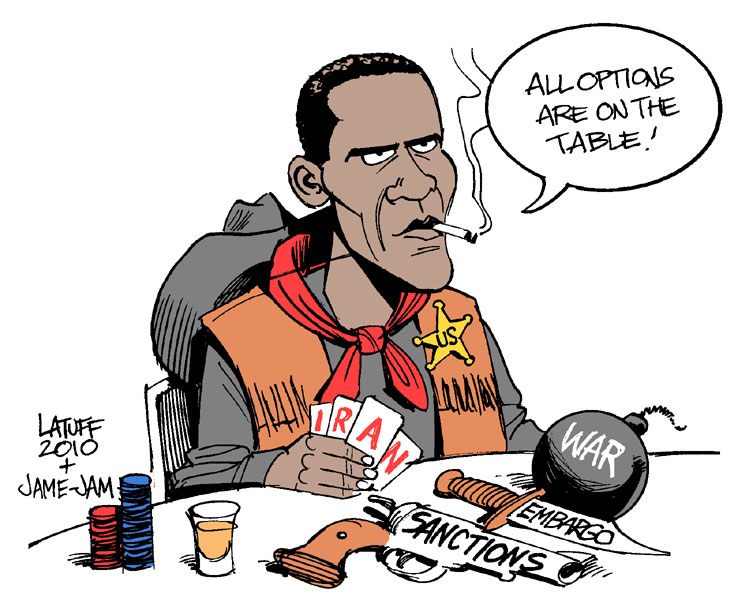
EDITOR: The Success of the BDS campaign is getting to Israel’s guts!
The following hysterical article is evidence not just of the state of irrationality that Israeli society and its elites are now in, but also very clear evidence of the success of the campaign, and all those who tols us for years that it cannot succeed (including our great friend Chomsky) should now seriously rethink their positions and join the BDS camp!
Break the Palestinian boycott: Haaretz
By Karni Eldad
The Mishor Adumim industrial zone in the West Bank is home to a cosmetics plant that sells 70 percent of its products to Palestinians. Recently, however, there has been a slight turnaround in relations between the factory and its customers. The Palestinian Authority ruled − in a presidential order, not the small-scale campaign of a few − to stop buying Israeli products manufactured east of the Green Line.
How is such an order enforced? Simple. The life of the factory sales manager is threatened, and he is then given an offer he can’t refuse: sell the factory at a ludicrous price, and we’ll transfer it to PA control, because we won’t be buying your products in any case.
Those who silently stood by as Palestinian Prime Minister Salam Fayyad burned Israeli goods made in the West Bank simply accepted the presidential decree. Moreover, the PA recently established a “National Honor Fund” to finance its boycott activities, to which it injects $150,000 a month. Whence the money? International donations meant to support political institutions.
Israel remained silent last month when the so-called “committee against distributing settlement goods” confiscated and destroyed 7.5 tons of watermelons grown in West Bank fields. Israel stays mum when the Arabs work to impose an economic embargo on settlement products, and when the PA imposes the same on Israeli mobile phone companies, which are not centered in the West Bank. It is indeed remarkable that the cellular boycott has been put in place exactly when the son of a high-ranking PA official is launching a company that will distribute the same services.
Amid the presidential order on settlement-made goods, Palestinians have been forbidden to work in the factories producing these goods or in construction in settlements. For now, the order applies only to new workers, but veteran employees have been offered one month’s pay from the PA as an incentive to quit.
In the wake of the accursed Oslo Accords, the 1994 Paris Protocol was signed, establishing interim economic ties between Israel and the PA. The boycott against settlement merchandise is a clear violation of this agreement, by which both sides pledged not to undermine the other’s economy.
The same agreement also determined customs and tax issues between Israel and the Palestinians. When a Palestinian individual or company imports merchandise from abroad, Israel collects customs taxes and transfers them to PA coffers. In total, more than $1 billion is collected annually. Reason dictates that in the case of such a flagrant violation of the Paris Protocol by the Palestinians, we should collect the money lost by Israeli companies due to the boycott by recouping it from customs money we transferred to the Palestinians. Such a move requires no law, only a modicum of national honor − and it’s a step that could bring the economic embargo to an immediate end. At a recent meeting of the Knesset Finance Committee, Manufacturers Association President Shraga Brosh − hardly viewed as a staunch rightist − proposed another solution: barring the export of Palestinian goods from Israeli ports.
With Israeli manufacturers facing closure in the face of a Palestinian presidential order, I would expect to hear an outcry from lawmakers from every hue of the political spectrum. The Palestinians’ blatant violation of the Paris Protocol is an affront, but silence in the face of it is a crime.
UK ‘blocking’ Mossad return to London: The Guardian
Official reportedly prevented from taking up embassy post after Israel refuses to commit itself not to misuse British passports
The father of Palestinian militant Mahmoud al-Mabhouh, who was assassinated in Dubai, with his photograph. Israel has never admitted any role in the killing Photograph: Hatem Moussa/AP
Britain has refused to allow Israel’s Mossad secret service to send a representative back to the country’s London embassy following the row over the killing of a Hamas operative by agents using forged UK passports.
Israel’s Yediot Aharonot newspaper reported yesterday that the Foreign Office is digging in its heels because Israel is refusing to commit itself not to misuse British passports in future clandestine operations.
Neither Britain nor Israel gave any details of the embassy official who was ordered to leave the country in March after an investigation by the Serious Organised Crime Agency showed that the Mossad was behind the passport theft.
But the official was understood to be an intelligence officer who was known to the UK authorities and worked as official liaison with Britain’s MI6. There was no suggestion the officer was personally involved in the passports affair.
Israel has never admitted any role in February’s Dubai assassination of Mahmoud al-Mabhouh, who was described as a key figure in smuggling Iranian weapons into the Gaza Strip on behalf of the Palestinian Islamist movement. It has abstained from signing any material that might be construed as a confession.
Britain had made clear in public statements and private meetings with the Israelis that it expected formal guarantees that there would be no repeat of the passport cloning. The real documents belonged to Britons living in Israel.
Forged or stolen Irish, Australian, French and German passports were also used by the hit squad, whose operation – including the use of elaborate disguises – was extensively recorded by CCTV cameras in the emirate.
Israel conspicuously refrained from retaliating for the expulsion of the Mossad officer, apparently accepting that it was no more than a slap on the wrist before a return to business as usual.
The Mossad and MI6 are known to have a close working relationship especially over terrorism – despite political differences over the peace process, settlements and the Palestinians between the UK and Israeli governments. Iran’s nuclear programme is likely to be another high-priority issue of common concern.
Yediot reported that Israeli security officials were concerned about the breakdown in relations between the two agencies. “It is estimated that the affair will only be resolved, if at all, after this week’s UK general elections,” the paper said.
The Foreign Office said it had not been approached by the Israelis about a replacement for the expelled official. “However we look to Israel to rebuild the trust we believe is required for the full and open relationship we would like,” said a spokesman. “We have asked for specific assurances from Israel, which would clearly be a positive step towards rebuilding that trust. Any Israeli request for the diplomat to be replaced would be considered against the context of these UK requests.”
Israel yet to replace diplomat expelled in passport row: BBC
Mahmoud al-Mabhouh was killed in his hotel room in Dubai on 19 January
Israel is yet to replace a diplomat expelled after forged British passports were used in the killing of a Hamas leader, it has emerged.
The Foreign Office said no request had been made to replace the official, but added that “specific assurances” would be sought from Israel if one was made.
The Israeli Embassy in London refused to comment on the situation.
Mahmoud al-Mabhouh was killed in Dubai in January, allegedly by Israeli agents using forged foreign passports.
It is believed the fake passports – 12 of them British – were used in the plot to murder Mr Mabhouh, the founder of Hamas’s military wing, in his hotel room in Dubai on 19 January.
Dubai officials said they were “99% certain” that agents from Mossad, the Israeli secret service, were behind the killing.
We look to Israel to rebuild the trust we believe is required for the full and open relationship we would like
Foreign Office
The names and details on the UK passports used by eight of the 12 suspects belonged to British-Israeli citizens living in Israel – all of whom have denied involvement in Mr Mabhouh’s murder.
Their passports had been copied and new photographs inserted.
During the ensuing diplomatic row, in March, Foreign Secretary David Miliband said there were “compelling reasons” to believe Israel was responsible for the forgeries.
He said the misuse of British passports was “intolerable”.
Israel’s ambassador to London, Ron Prosor, said he was “disappointed”, but Israel confirmed there would be no tit-for-tat diplomatic expulsion.
Israel has previously said there is no proof it was behind the killing at a Dubai hotel.
The name of the expelled diplomat has not been released.
‘Specific assurances’
Several newspapers have reported that the person expelled was a Mossad representative and claimed that UK authorities are now preventing Israel from replacing the individual until it agrees not to use British passports in the same way again.
The Foreign Office said: “We have had no approach from the Israelis about a replacement. However we look to Israel to rebuild the trust we believe is required for the full and open relationship we would like.
“We have asked for specific assurances from Israel, which would clearly be a positive step towards rebuilding that trust. Any Israeli request for the diplomat to be replaced would be considered against the context of these UK requests.”
Dubai police said forensic tests showed Mabhouh was drugged with a quick-acting muscle relaxant and then suffocated.
Earlier reports had said he may have been strangled or killed by a massive electric shock.
US envoy George Mitchell meets Israel PM Netanyahu: BBC
“Proximity talks” were meant to have begun, but the start has been delayed
US Middle East envoy George Mitchell has met Israeli Prime Minister Benjamin Netanyahu before the start of indirect talks with the Palestinians.
The three-hour meeting in Jerusalem was described as “good and productive” by the US state department.
But no announcements were made and Israeli officials have said the two are to meet again on Thursday.
Mr Mitchell is due to meet with Palestinian President Mahmoud Abbas on Friday in Ramallah.
The meeting with Mr Netanyahu had been planned as the start of “proximity talks” but the Palestine Liberation Organisation has still to agree to them.
The PLO said it would meet on Saturday to finally decide if talks can proceed.
Mr Abbas has said the talks need to immediately grapple with the toughest issues at the heart of the conflict.
He said first on the agenda should be the borders of a future Palestinian state.
But the issue, connected to the building of Jewish-only neighbourhoods in East Jerusalem, has been a stumbling block.
The talks were delayed in March by a row which strained Israeli-US relations.
The Palestinians pulled out after an announcement that Israel had approved plans for new homes in the East Jerusalem settlement of Ramat Shlomo during a visit to Israel by US Vice-President Joe Biden.
Earlier Obama administration adviser David Axelrod said the issue of Jerusalem would come at the end of the programme for talks.
Israel has occupied the West Bank, including East Jerusalem, since 1967. It insists Jerusalem will remain its undivided capital, although Palestinians want to establish their capital in the east of the city.
Nearly half a million Jews live in more than 100 settlements in the West Bank, among a Palestinian population of about 2.5 million.
The settlements are illegal under international law, although Israel disputes this.
